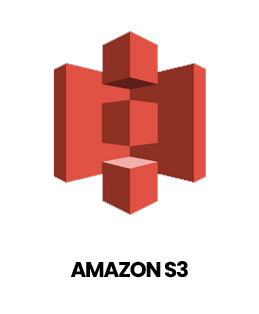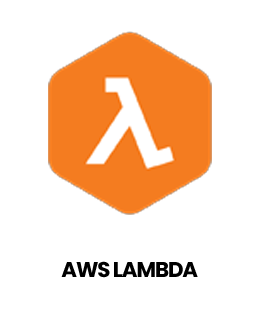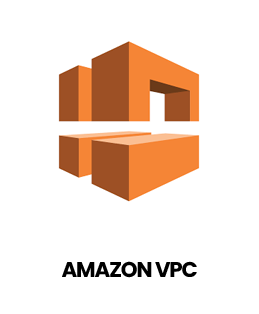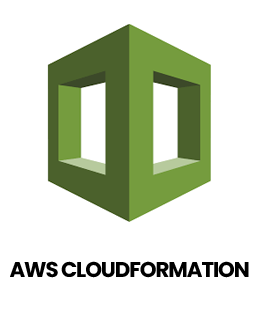1. What is the difference between an AWS Cloud Administrator and an AWS Developer?
Ans:
Cloud Administrator focuses on configuring services, managing IAM roles, security, VPCs, monitoring, and dashboards without heavy coding. An AWS Developer builds Lambda functions, Step Functions, and automation scripts. While Admins manage resources and usability, Developers extend functionality with code and workflows.
2. How do you approach requirement gathering in an AWS project?
Ans:
Requirement gathering involves stakeholder interviews, infrastructure analysis, and process review to understand business and technical goals. This helps design architectures, configure services, set up automation, and ensure the solution meets organizational needs efficiently.
3. What are the common tools you use for AWS development and administration?
Ans:
- AWS Management Console
- CloudFormation & CDK
- Lambda & Step Functions
- CodePipeline & CodeBuild
- CloudWatch Dashboards
- API Gateway & SDKs
4. Can you explain what an AWS resource is and how you create one?
Ans:
An AWS resource is a cloud entity such as EC2, S3, Lambda, or RDS. Standard resources are preconfigured, while custom resources are provisioned for specific workloads. Creating a resource involves defining configurations, access permissions, and linking it with other services for workflows and automation.
5. How do you ensure your AWS implementation is secure and accessible?
Ans:
I follow AWS security best practices by configuring IAM roles, policies, and encryption. For accessibility, I maintain clear dashboards, structured architecture, intuitive navigation, and proper tagging so users can access resources efficiently and safely.
6. What is your process for creating reports and dashboards in AWS?
Ans:
I start by identifying key metrics and log sources. Then, I design visualizations using CloudWatch dashboards or QuickSight, apply filters, group data, and monitor KPIs. Feedback is gathered from stakeholders to refine dashboards for actionable insights.
7. How do you validate your AWS solutions?
Ans:
Validation is done using sandbox or staging environments, load testing, UAT with stakeholders, regression testing, and monitoring. I simulate real workloads to ensure services, automation, and resource configurations perform as intended before production deployment.
8. What are the key principles of a good AWS implementation?
Ans:
- Maintain organized and tagged resources
- Design scalable and maintainable architectures
- Minimize manual scripting; prefer automation tools
- Follow naming conventions and documentation standards
- Automate processes efficiently without introducing complexity
9. How do you handle conflicting feedback from stakeholders?
Ans:
I document all feedback, map it against technical constraints and business priorities, and prioritize based on impact. Trade-offs are communicated clearly, and balanced solutions are proposed to address concerns while meeting project goals.
10. How do you keep yourself updated with AWS trends and technologies?
Ans:
I complete official AWS training and certifications, follow release notes, attend webinars, and participate in community events. I engage in forums, join user groups, and explore new services and integrations to continuously enhance cloud expertise.

























